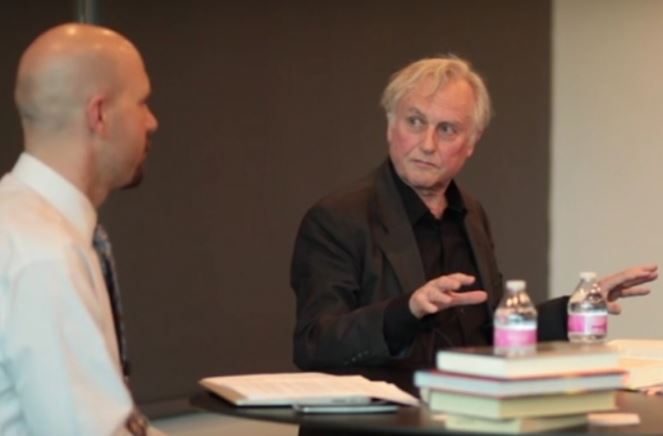Recently a group of Islamic State sympathisers entered a Catholic Church in Normandy, France, during Mass, took hostages and murdered a priest.
Naturally, the French authorities condemned this violent act. This line in particular caught my eye:
François Hollande, the French president, promised to win the war against terrorism. In a televised address to the nation he said: “To attack a church, kill a priest, is to profane the republic.”
The republic? The irony here was a little rich. The republic, established by the French Revolution? The revolution in which clergy were literally being killed by those advocating atheism and reason, because the clergy represented allegiance to a foreign power? The republic whose violent birth is still celebrated on Bastille Day, commemorating a day of shocking violence, killings and beheading? Surely there is a fundamental disconnect here. I mean sure, of course I get that Mr Hollande condemns the attack. I don’t doubt his sincerity. But there doesn’t seem to be much careful, consistent thought to this statement in a French context, that an attack on the Church is an attack on the Republic.
I took to Twitter thus: “A Muslim kills a priest and he’s bad. Atheists murder the religious and people celebrate Bastille Day because of it. You silly Frenchies.” Yes its short and snarky, but such is Twitter.







 It’s back!
It’s back!